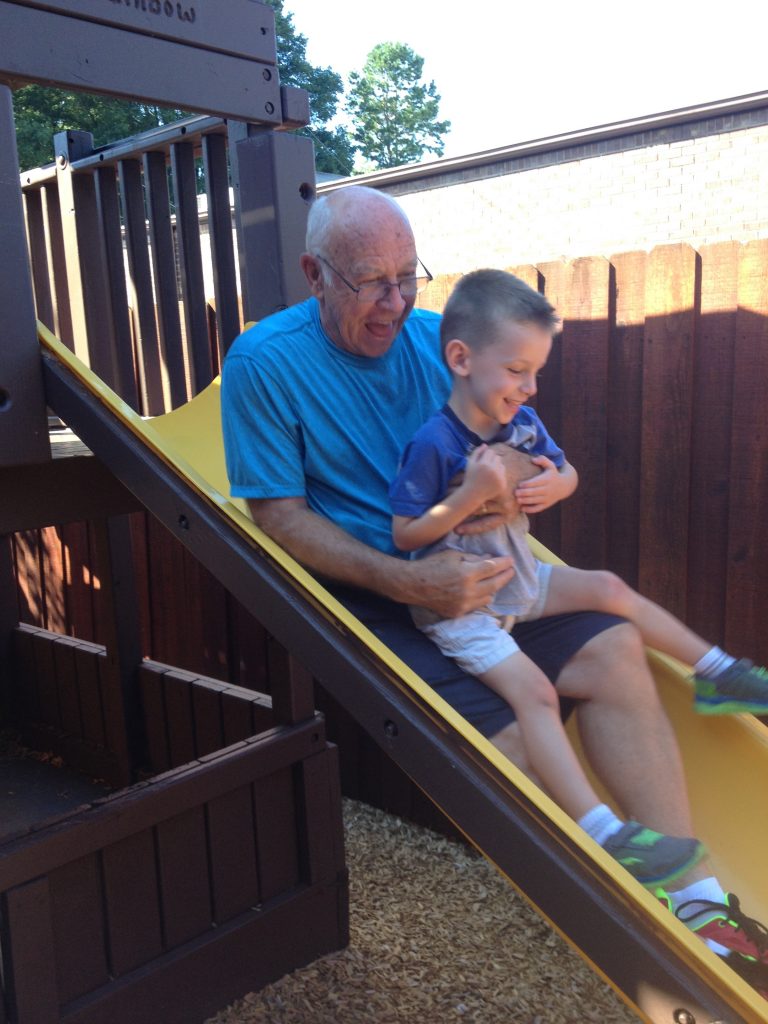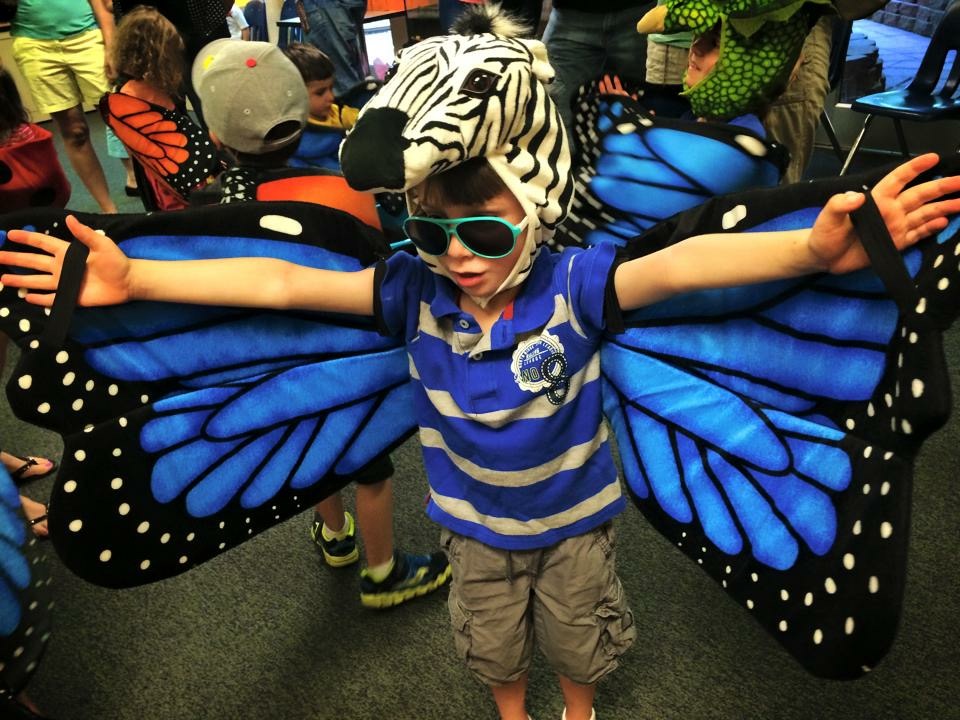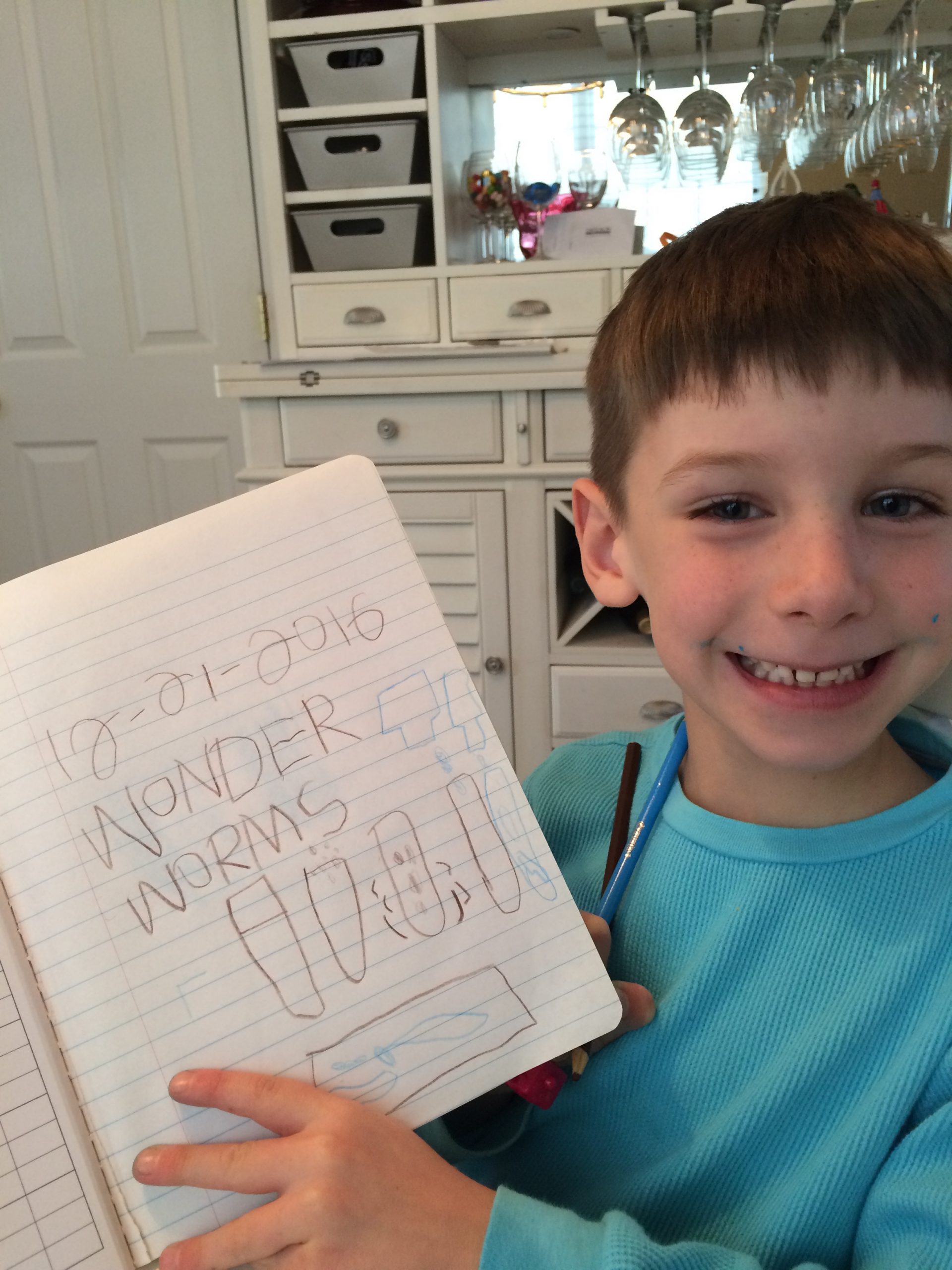Social-emotional learning (SEL) is emphasized in school. Yet, social and emotional learning is not part of remote learning. As students are remote learning parents have a responsibility to help children to be self-aware and respectful. Also, students must continue to build skills such as dealing with emotions and making good decisions. They must learn to deal with non-violent methods and how to resolve conflicts with siblings. parents, and friends. Importantly, parents must model these behaviors so children learn how to respond to various situations.
Social-Emotional Modeling
There are many ways to model social and emotional learning as children remotely learn from home.
• Listen as children speak. Listening is an important skill for both parents and children.
• Model good behavior. Also, teach the importance of an apology.
• Give students responsibilities.
• Permit developmentally appropriate choices.
• Teach appreciation for another’s accomplishments.
• Respect the differences in others.
• Challenges in schoolwork or play is good. Thus, support and encourage challenges as part of life.
• Everyone needs a routine. Therefore, keep a schedule. This keeps children and adults stressless.
It is important that parents are present. Presence and being present is not the same. Simply because adults are in the same household as students does not mean they are present. Support children as needed. Children need an adult present for both physical and mental help. Adults must connect with children. Therefore, as part of a schedule, find time to be with each other. Thus, emotionally stable children develop.
Every once in a while, take time to find a reason to celebrate together. Remember and discuss good things. As time is taken to enjoy fond memories, children develop resilience to negativity. The lunch table and the dinner table is a good time for discussions.
Academic achievement developments through social and emotional learning. Also, cheerful social interactions decrease negative results that last. They result in well-equipped, well-adjusted students. Therefore, they can meet the demands of the classroom and outside world.




